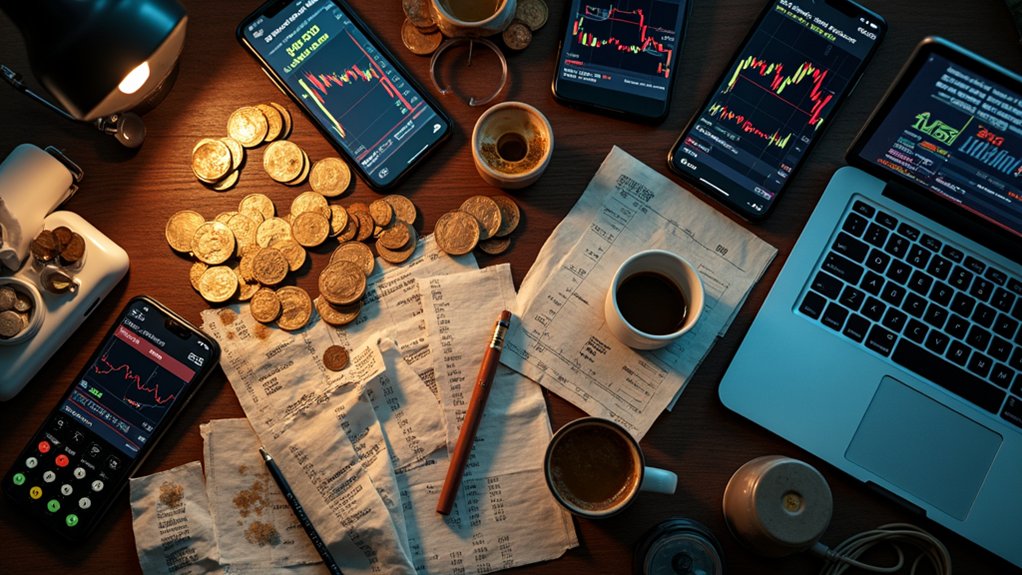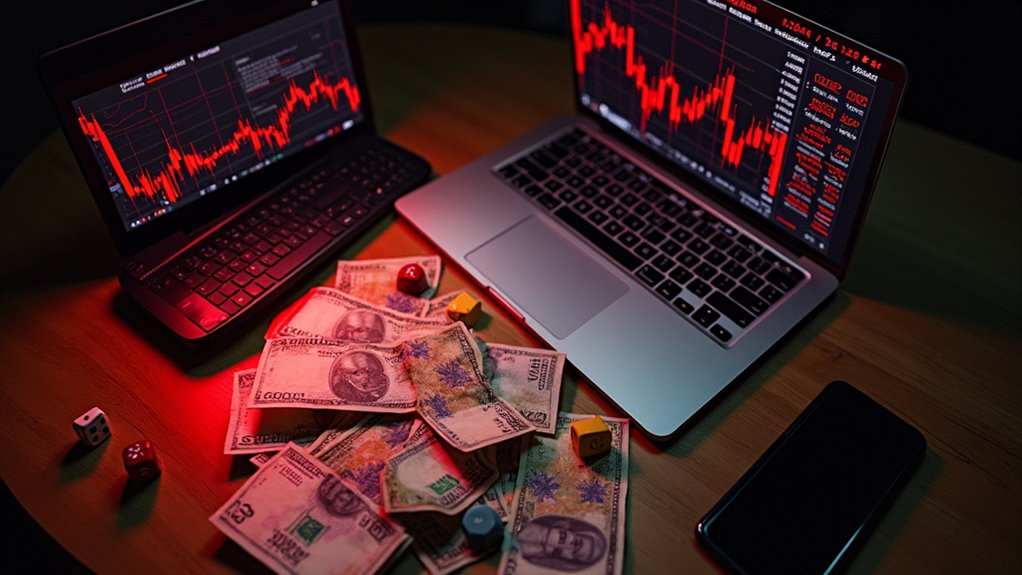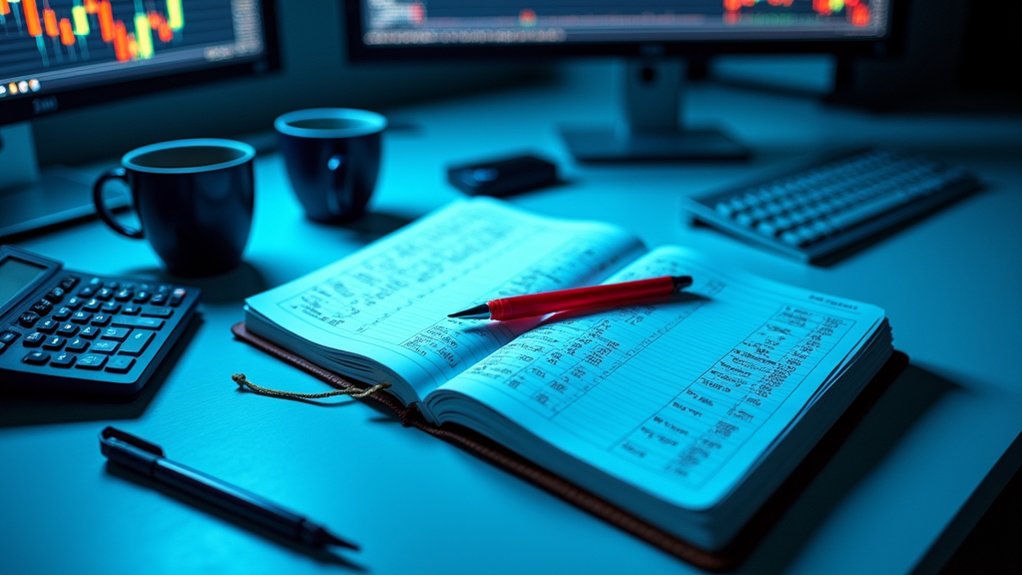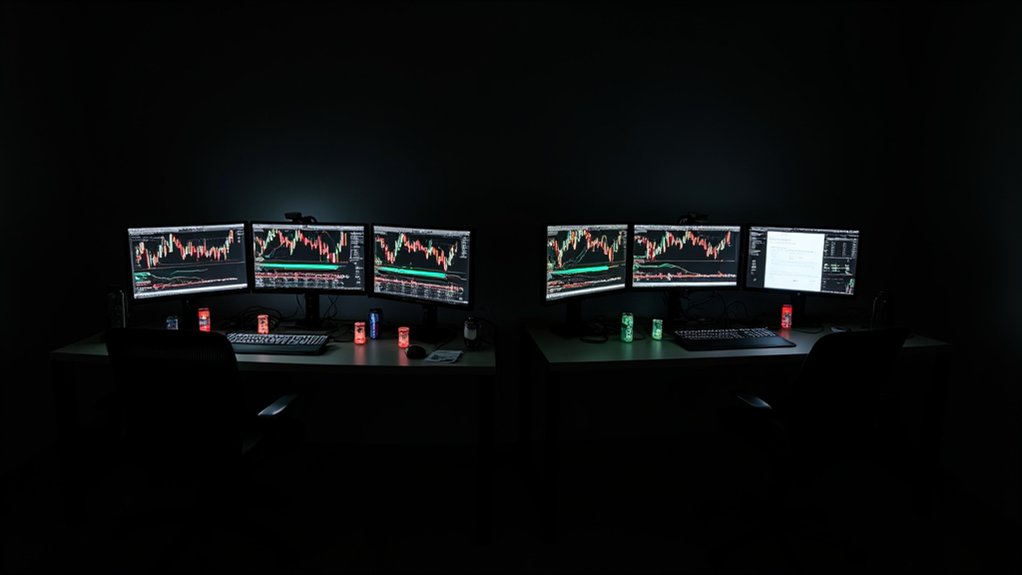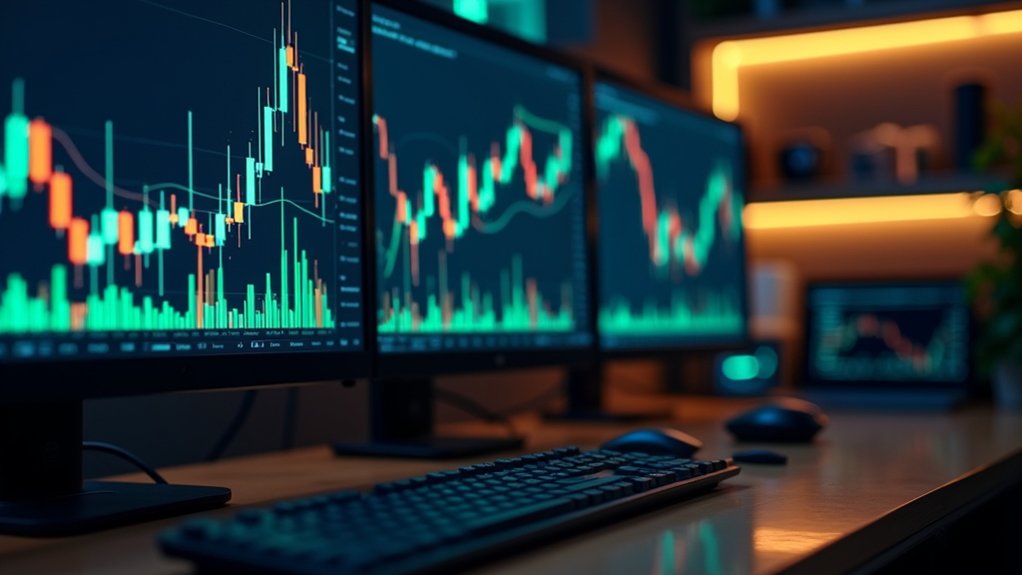Overtrading means clicking buy and sell without discipline until the account flatlines—opening positions constantly, chasing every pip, treating Forex like a slot machine instead of a strategic endeavor. It stems from fear of missing out, revenge trading after losses, overconfidence during streaks, or plain adrenaline addiction. The damage compounds fast: capital evaporates, spreads pile up, analysis time disappears, emotions spiral. African traders face extra pressure—unemployment desperation, internet anxiety, volatile local pairs, offshore brokers pushing 500:1 leverage. Prevention requires written plans, trade-count limits, proper position sizing, and ruthless self-awareness. The mechanics reveal why discipline trumps frequency.
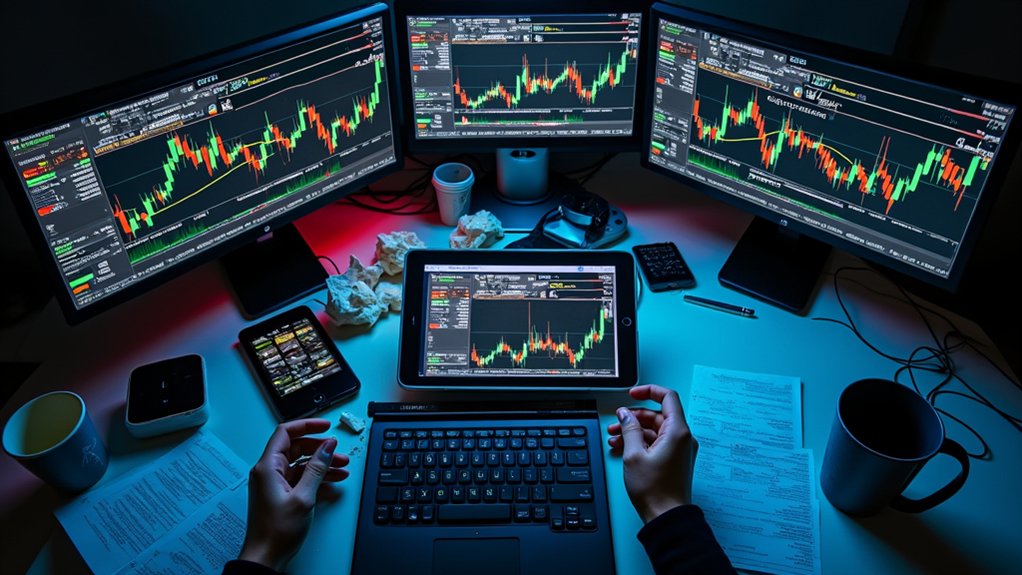
Overtrading is probably the fastest way to blow up a Forex account in Africa—or anywhere else, for that matter. It's not some complex technical failure. It's simply trading too much, too often, without any real plan or discipline. Opening positions like they're going out of style. Chasing every pip movement on USD/ZAR or EUR/NGN like it's the last chance to make money. It never is.
Overtrading isn't a technical glitch—it's clicking buy and sell without discipline until your account flatlines.
The definition sounds simple enough: excessive trading beyond what a strategy or capital base can handle. But African traders face unique pressures that make overtrading especially tempting. Unreliable internet in Lagos or Nairobi can create anxiety about missed opportunities. High unemployment across countries like Zimbabwe, South Africa, or Kenya drives people to treat Forex like a salary replacement before they're ready. That desperation breeds overtrading faster than anything else.
What causes it? Lack of discipline, obviously. Fear of missing out when the rand swings wildly or the naira gaps on CBN announcements. Boredom during slow Asian sessions. Revenge trading after a loss—trying to “win it back” immediately, which is about as smart as it sounds. Some traders get hooked on the adrenaline, opening positions just to feel something. Excitement doesn't pay bills. Overconfidence during winning streaks leads traders to abandon their proven strategies and take unnecessary risks.
Overtrading takes different forms. Scalping without proper analysis, just clicking buttons. Jumping on news about Egyptian interest rates or Ghanaian inflation without research. Opening ten trades in an hour because, why not? Overleveraging on 500:1 accounts offered by offshore brokers targeting African clients—positions sized way beyond what the account can survive. Emotional trading driven by frustration or greed after consecutive wins.
The consequences aren't pretty. Capital erodes fast. Commissions pile up, especially with unregulated brokers charging spreads that would make a loan shark blush. Volatility exposure multiplies. Trade quality tanks because there's no time for real analysis between entries. Stress levels skyrocket. Emotional burnout sets in alongside the financial damage. When account equity falls too low relative to open positions, brokers can force traders out at the worst possible moment. Eventually, the account dies.
Warning signs are everywhere. Spending less time analyzing each setup. Opening trades on weak or nonexistent signals. Win rates dropping as trade volume climbs. Feeling compelled to trade during dead markets at 2 AM in Accra. Constantly adjusting lot sizes or holding losing positions longer than planned, hoping they'll turn around. Unrealistic expectations about quick profits fuel the cycle of overtrading and inevitable disappointment.
Avoiding overtrading requires structure. A written trading plan with fixed entry and exit rules. Hard limits on daily or weekly trades. Thorough analysis before every position—boring but necessary. Appropriate position sizing ensures each trade aligns with your overall risk tolerance and account balance. Emotional control, which sounds like a cliché but remains the difference between surviving and blowing up. Effective capital management prevents traders from risking too much of their account on any single position or series of trades. No statistics exist on how many African traders fail specifically from overtrading, but anecdotal evidence suggests it's a leading killer of accounts from Cape Town to Cairo.
Common Questions
How Do Unstable Internet Connections in Rural Africa Contribute to Overtrading Mistakes?
Unstable internet across rural Africa turns trading platforms into glitchy minefields. Delayed price feeds mean traders act on stale data, chasing moves that already happened. Disconnections mid-trade block stop-losses, forcing panic decisions when connections flicker back.
Slow loads amplify FOMO—traders rush into positions without analysis, terrified they'll miss the next setup. Bandwidth too weak for automated tools leaves everything manual and error-prone. Anxiety spikes, discipline collapses, and suddenly one planned trade becomes five desperate attempts to recover imaginary losses.
Which African Brokers Offer Tools to Limit Daily Trades and Prevent Overtrading?
Most African brokers don't explicitly cap daily trades.
Exness offers negative balance protection and supports MetaTrader platforms where traders can install scripts to automate trading limits.
Plus500 provides technical indicators and risk management tools, though no hard daily caps.
Khwezi Trade gives account managers and tutorials stressing discipline.
Truth is, brokers prefer you trade more—it's how they make money.
The real limits come from FSCA's 30:1 leverage cap and whatever self-control a trader musters up.
Does Overtrading Increase Withdrawal Delays With Brokers Operating in African Markets?
Yes, overtrading absolutely increases withdrawal delays with African brokers. High trading volumes trigger anti-fraud checks, AML reviews, and manual verification processes—especially common across Kenya, Nigeria, South Africa, and Egypt where regulatory scrutiny is tight.
Brokers with limited liquidity struggle to process frequent, large withdrawals from overtraders. Account activity looks suspicious, compliance teams get involved, and suddenly that withdrawal request sits in review purgatory. African market brokers often lack automation, making every high-volume account a headache requiring human eyeballs and paperwork.
Can Mobile Trading Apps Popular in Africa Make Overtrading More Tempting?
Yes, absolutely. Mobile apps make overtrading dangerously easy across Africa. Push notifications, gamified dashboards, and instant execution remove friction—and reflection. Young traders dominate uptake in Nigeria, Kenya, South Africa.
Platforms offer leverage up to 1:500, minimal deposits, and zero waiting periods between trades. FOMO gets weaponized through alerts and social trading features.
Convenience isn't neutral; it's engineered to keep traders tapping. Regulatory gaps let aggressive marketing thrive, turning accessibility into a behavioral trap.
How Do Currency Restrictions in Certain African Countries Affect Overtrading Risks?
Currency restrictions drive overtrading in a painfully predictable way.
When over 60% of African nations limit official access to USD and EUR, traders get desperate. They chase parallel market rates that run 40–60% higher than official ones.
Frequent devaluations in places like Ghana and Nigeria make people panic-trade, trying to catch favorable windows before the next policy shock.
It's a vicious cycle—restrictions breed uncertainty, uncertainty breeds frantic overtrading, overtrading amplifies losses.
